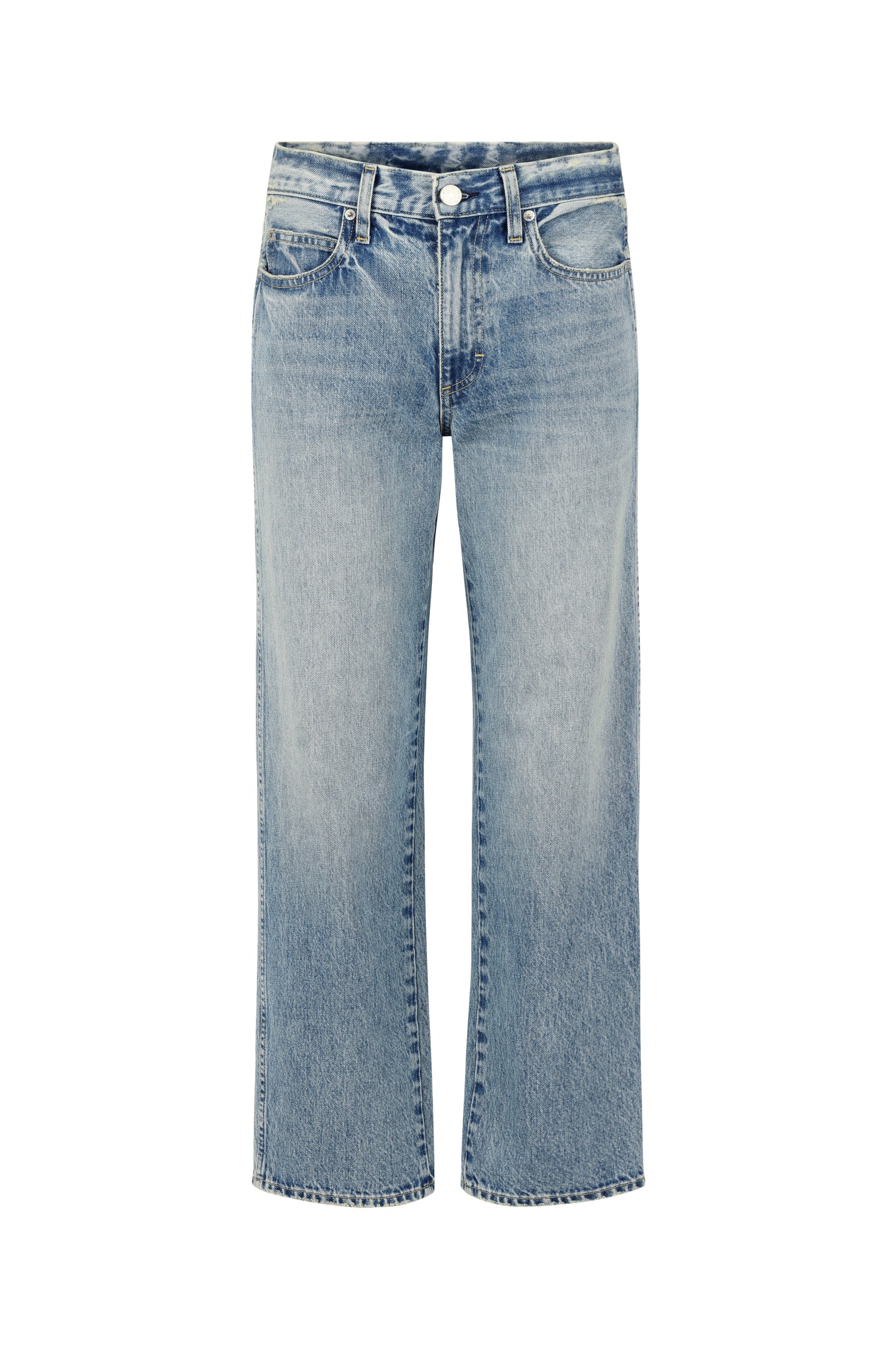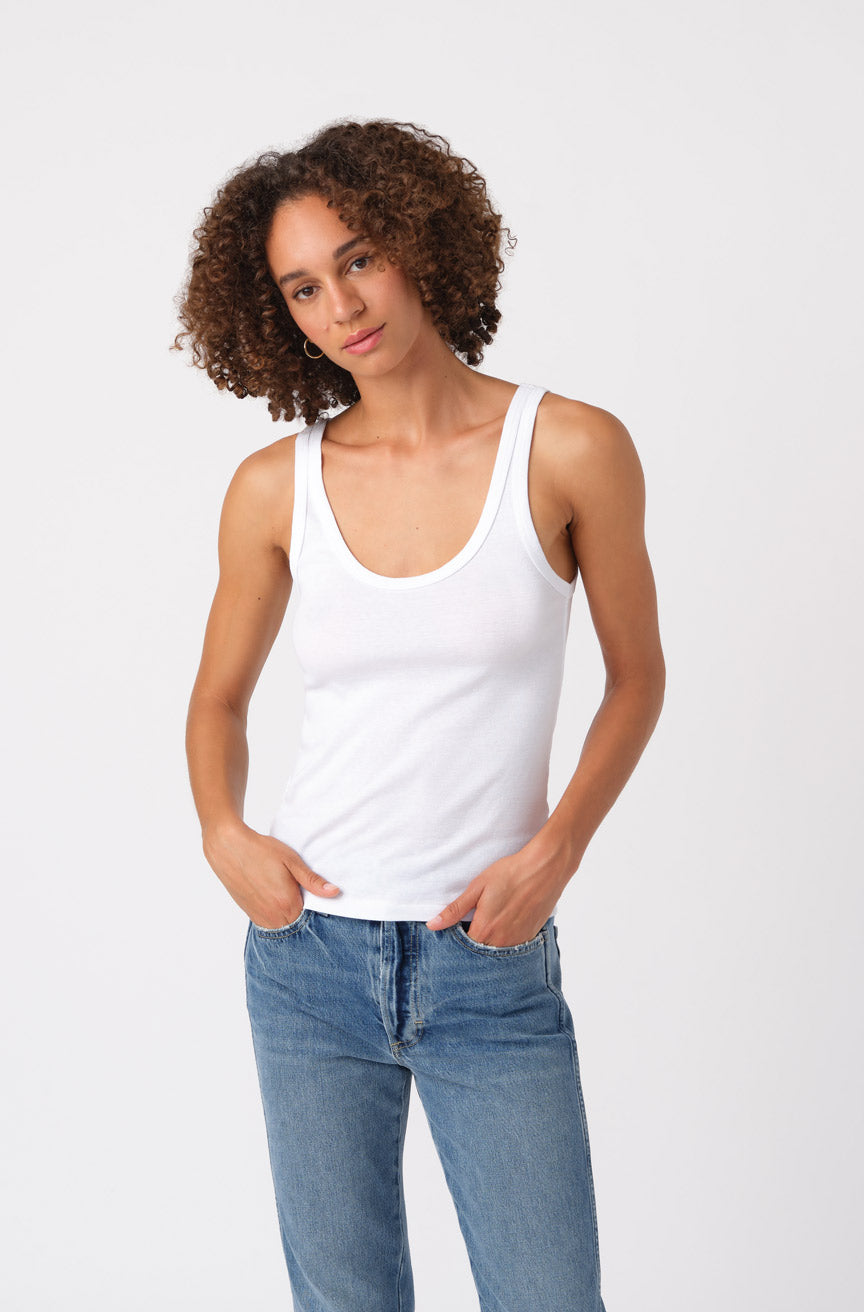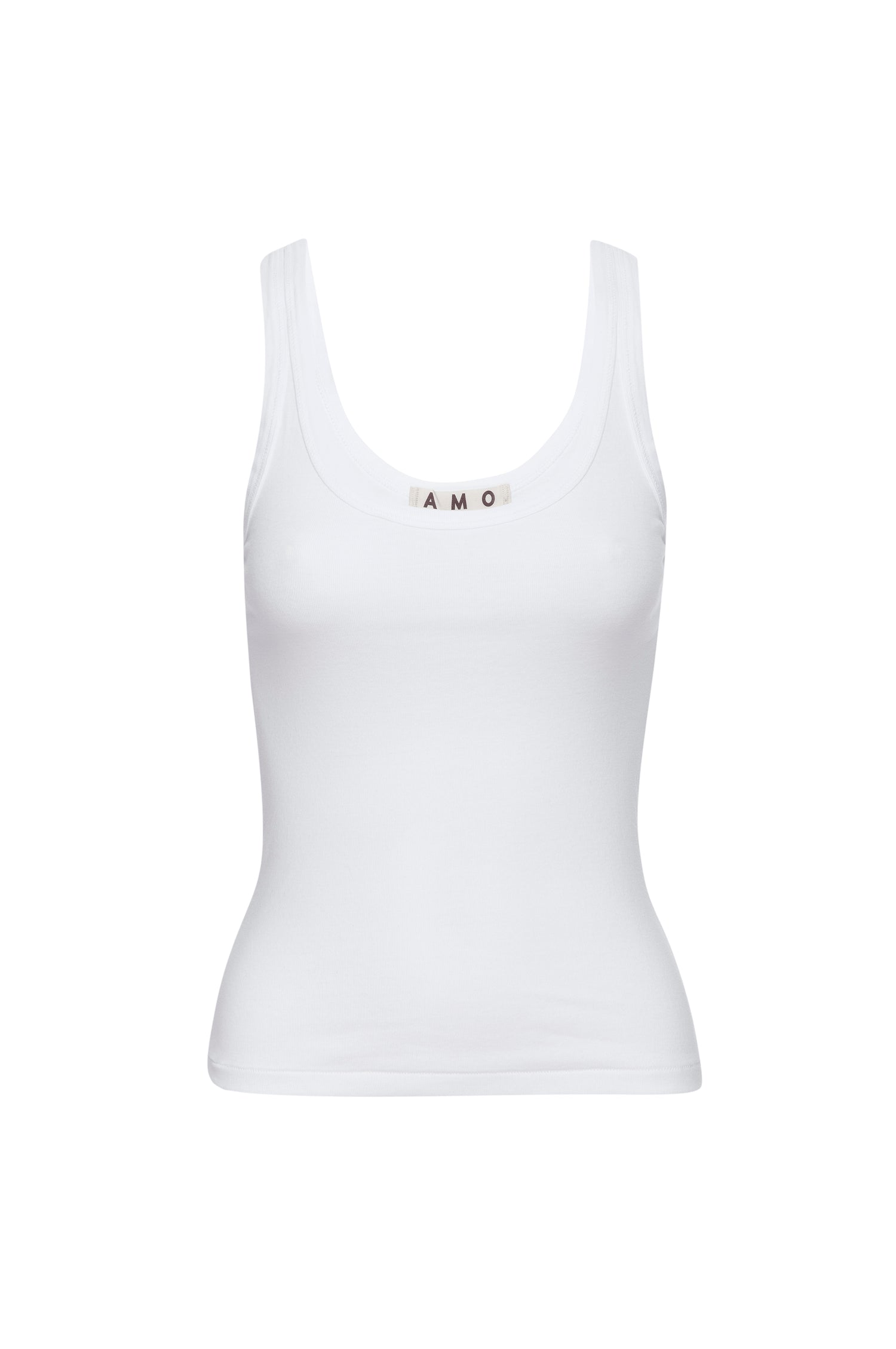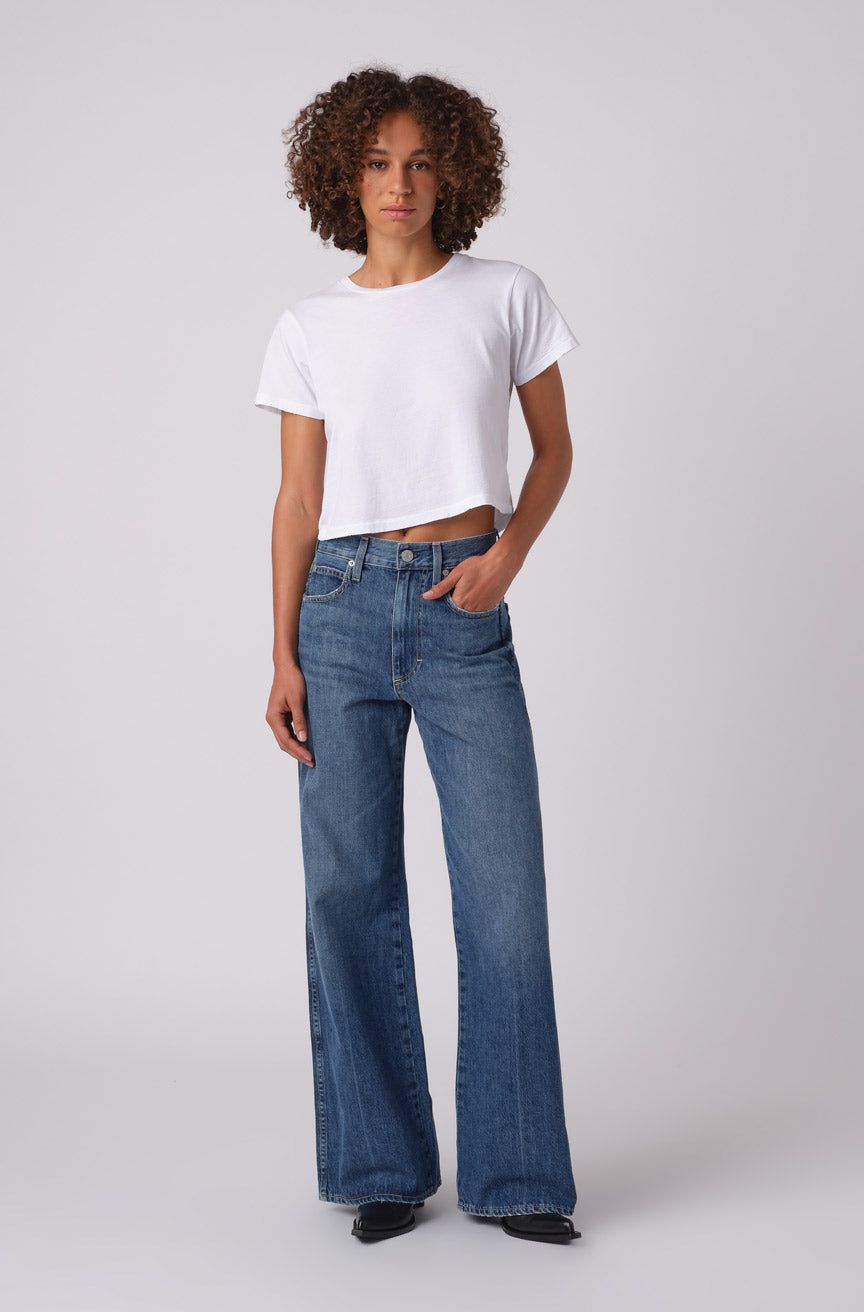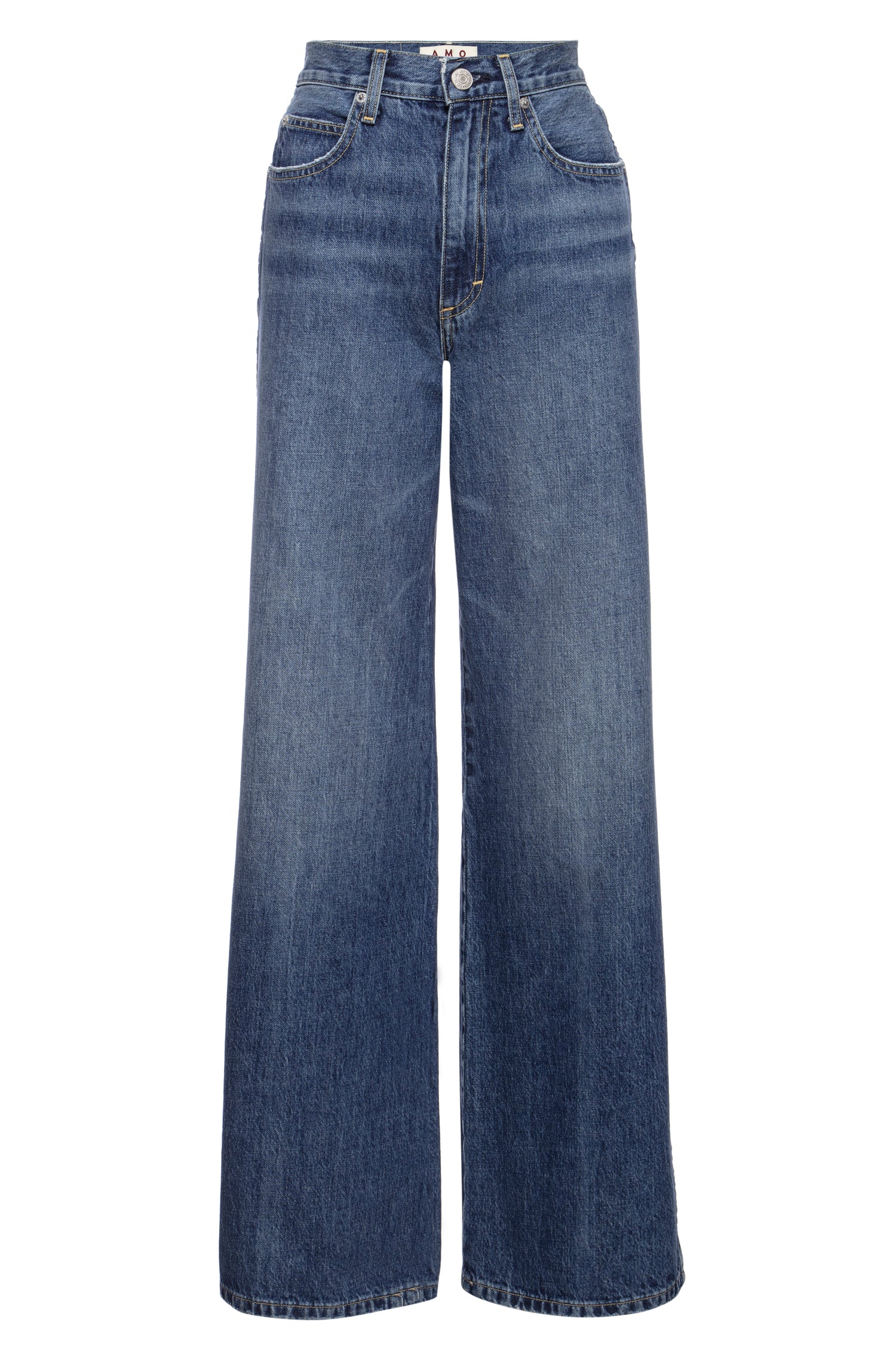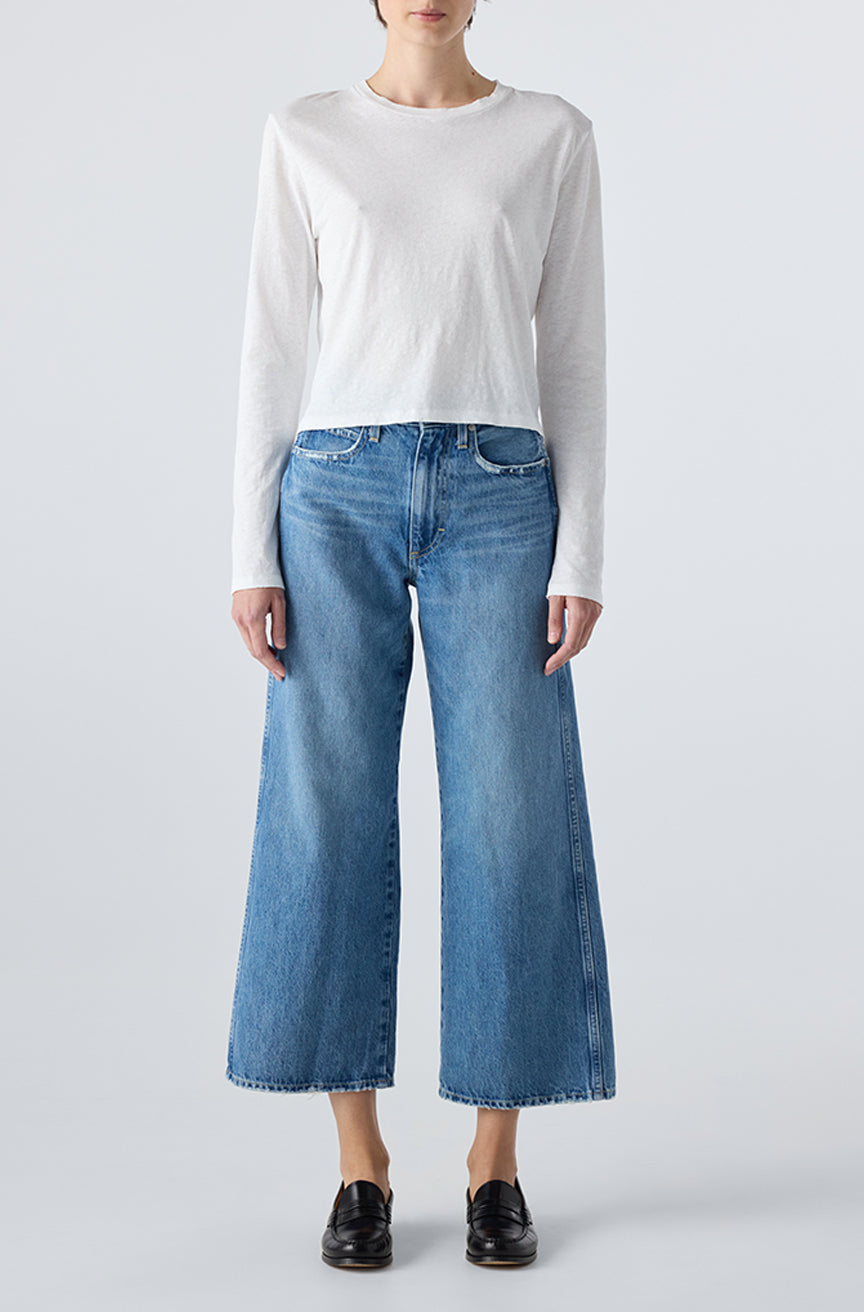Our Practices



Denim
Our denim is mindfully sourced. We partner with denim mills recognized for implementing processes that reduce the use of chemicals and emissions during production, while ensuring water and energy are reused and recycled whenever possible. Our fabrications are selected for their unique properties which enhance quality and performance and minimize the environmental impact of the final product.
Organic Cotton: A portion of our denim collection is made with 100% organic cotton. Organic cotton guarantees the elimination of pesticides, enforcement of fair labor practices and the use of non-GMO seeds. This cotton is certified by the Global Organic Textile Standard (GOTS) and therefore must consist of 70% or more organic content.
BCI Cotton: BCI stands for Better Cotton Initiative. BCI's goal is to make global cotton production better for the people who produce it, better for the environment it grows in and better for the future. One of the mills we work with, Candiani in Italy, was the first to integrate the Better Cotton Initiative into denim and today they use it in nearly half of their production.
The denim fabrics we select are then dyed using various eco-friendly technologies.
N-Denim: This technology allows the yarns to more easily dye and stain thereby reducing water and chemical consumption by 30%. This offers a solution to traditional dyeing techniques, that can leave trace pollutants into surrounding rivers, streams and other water sources.
Knits
Our knitwear fabrics are produced in part by a co-op of regenerative farms dedicated to restoring the soil and water by eliminating the use of pesticides, herbicides, artificial fertilizers, and other toxic amendments.
Peruvian Pima Cotton: This fiber, unlike other cotton varieties, is drought tolerant. This means that it takes 50% less water to grow. Pima cotton naturally produces longer silkier fibers which gives Pima its soft and luxe hand feel. Our sources in Peru work directly with the local communities to provide opportunity and ensure that quality and ethical standards are met.
Organic Cotton: It's grown without pesticides, herbicides, artificial fertilizers, and other toxic amendments leaving the soil, air, and water free from harmful contaminants. Organic Cotton produces around 46% less CO2e than conventional cotton while using far less water to grow. It’s better for the environment and better for you.
Baby Alpaca Wool: Our sweaters are made with Baby Alpaca, which is considered a more sustainable fiber and often recommended over wool and cashmere. Alpaca’s leave basically no footprint on our planet because when they graze, they do not damage or destroy root systems. Alpaca fiber is strong, durable and barely needs to be washed. It’s also biodegradable and doesn’t require chemical treatment during production.

We select manufacturing partners close to home in Los Angeles.
Using local vendors reduces the impact of emissions and energy use from shipping overseas. This also allows us to focus on local production and fair wages. That means we can provide more job opportunities in our own community (sewers, cutters, wash houses, etc.) and commit to greater transparency of fair wages, reasonable hours, and safe working conditions for all employees in our local supply chain. This also helps to ensure a quality product. Our presence in the factories and laundries every day allows us to see every aspect of the production and ensure our standards are followed.
Water Usage
Every day the denim industry works to reduce the amount of water used to develop denim washes. Most recently we have incorporated the use of natural enzymes in our wash process which allows us to use 25% less water during production. These enzymes speed up the absorption process during washing, allowing water and chemicals to more quickly penetrate garments, thereby reducing the amount of water needed to process denim. Each season we will continue to use science and technology to continue to reduce the amount of water needed to wash denim.
Stone Washing
Whenever possible we use a mix of stone and man-made stone to stonewash our denim. This allows us to use 50% less stones than regular washing. Typically, stone washing denim involves washing denim with actual pumice stones and rocks, which creates dust and waste that can be harmful to workers and machinery. Not only is incorporating these engineered stones safer, but it also provides an extended production use and reduces the amount of damage that is done to the environment to import the pumice stones.
Ozone Washing
A wash process in which electricity is used to generate a natural gas in an Ozone chamber that simulates the fading and wear process to create a vintage worn in look. The utilization of Ozone washing consumes less water with zero chemical consumption. This process helps us to achieve authentic washes while eliminating the excessive use of chemicals, water, and energy.

Plastic Free Packaging
Our shipping envelopes are made from recycled materials and every piece in our line is enclosed in a certified compostable bag. When composted, the bag will fully biodegrade within one year.
Starting with the Fall ‘23 Collection, we have changed our hangtag to remove the plastic closure as well as the metal rivet. This subtle change eliminates the use of plastic and makes our hangtag 100% recyclable and compostable.
Upcycling
We’re excited to reuse and repurpose whenever possible. Circular sourcing is the most sustainable way to produce because it prevents waste from ending up in landfills and extends the life of what already exists. Introducing The Re-loved Project - a collection of thoughtfully reimagined pieces, brought to life with creativity, care, and a commitment to doing more with what we already have.
The first item in our Re-Loved Project was the upcycled Marie Bag. We ended up with a run of denim skirts that were determined to be second quality and rather than sending them to the recycling bin we used them to create the sold out, limited edition denim Marie Bag.
Our newest addition gives new life to extra inventory of our beloved Sandra jeans. Instead of letting them go to waste, we’ve transformed them into the Sandra Short, a fresh new silhouette featuring the same iconic fit you know and love. And because we’re all about making the most of what we have, we’re also transforming the scrap denim into a matching Sandra Scrunchie.
Nothing wasted. Everything reimagined. That’s the heart of Re-Loved.
Stamped Pocket
Starting with the Fall ‘23 Collection, we’ve removed care and content labels from our denim in favor of screen printing them directly onto the interior pocket bag. Less labels mean less waste. And using a local vendor means less emissions created from shipping unnecessary labels and contributing to the local economy.


